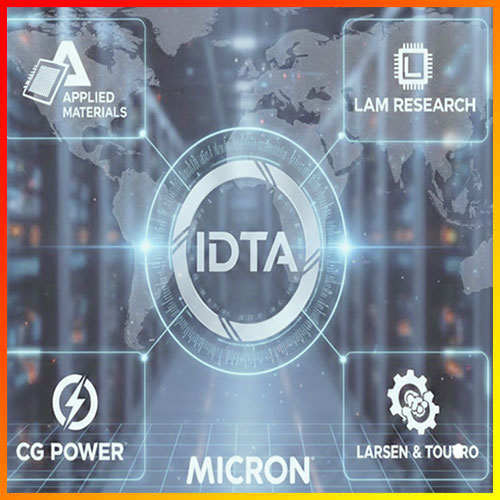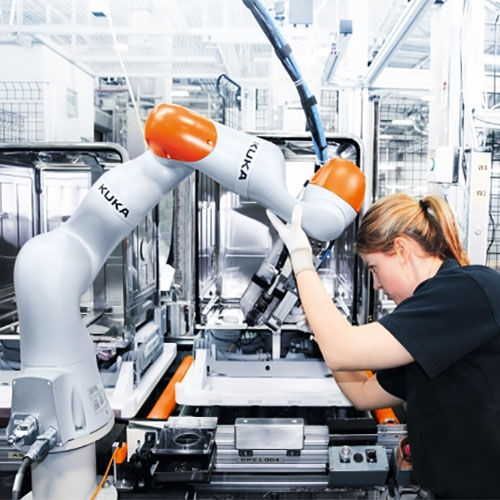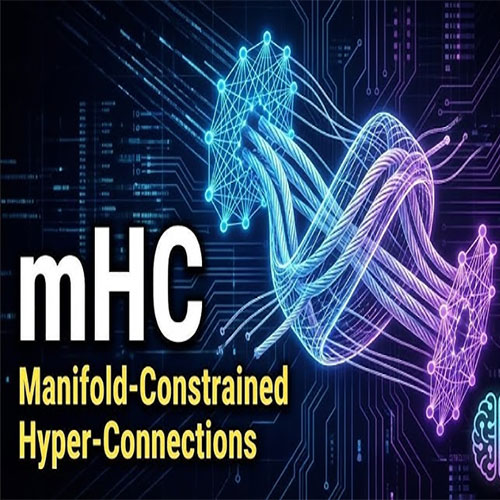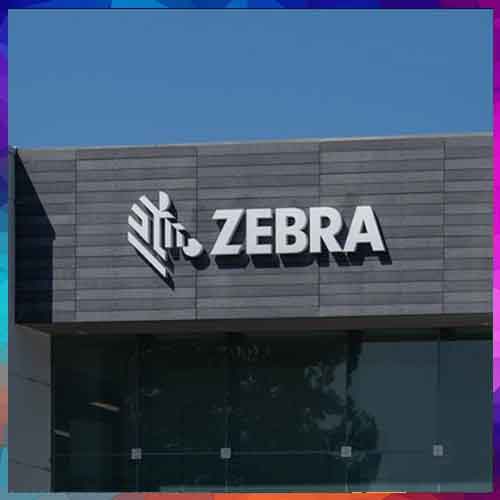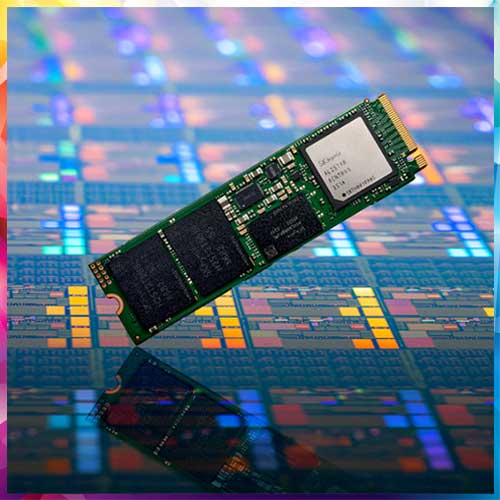
SK hynix has unveiled its next-generation SSD (Solid-State Drives) for data centers, which boast double the performance compared to previous models. These advanced SSDs are designed to meet the growing demands of data-intensive applications, enhancing both speed and capacity for efficient data handling.
With the rise of the AI era, there’s a growing demand for high-performance NAND solutions and ultra-fast DRAM chips, such as SSDs for data centers and High Bandwidth Memory (HBM). In response, SK hynix Inc. has developed the PEB110 E1.S SSD, which uses Gen5 PCIe specifications, offering faster data processing and improved power efficiency.
SK hynix plans to meet diverse customer needs by expanding its SSD portfolio, expecting mass production of the PEB110 in 2025, after current qualification with a global data center customer.
The PCIe Gen5 technology integrated into SK hynix's PEB110 SSD doubles the bandwidth of Gen4, enabling data transfer rates up to 32 GT/s. This advancement allows the PEB110 to achieve double the performance of its predecessor while improving power efficiency by more than 30%.
Additionally, the SSD incorporates Security Protocol and Data Model (SPDM) technology, enhancing information security features for data center applications—marking its first use in SK hynix’s SSDs for data centers.
Expert says, the product is very much promising to the security landscape for server systems. Given the heightened concerns over cyberattacks on data centers, this product's focus on secure authentication and monitoring should address critical security needs.
The three capacity versions (2 TB, 4 TB, and 8 TB) offer flexibility to cater to different data requirements, while support for the Open Compute Project’s (OCP) version 2.5 specifications ensures broader compatibility across global data centers. This alignment with OCP standards could be particularly advantageous for organizations looking to integrate with existing infrastructure seamlessly.
The improved performance stems from innovations in memory technology and optimized data processing, making them a crucial upgrade for cloud services, AI workloads, and large-scale data centers, significantly improving operational efficiency and data throughput.
See What’s Next in Tech With the Fast Forward Newsletter
Tweets From @varindiamag
Nothing to see here - yet
When they Tweet, their Tweets will show up here.



















